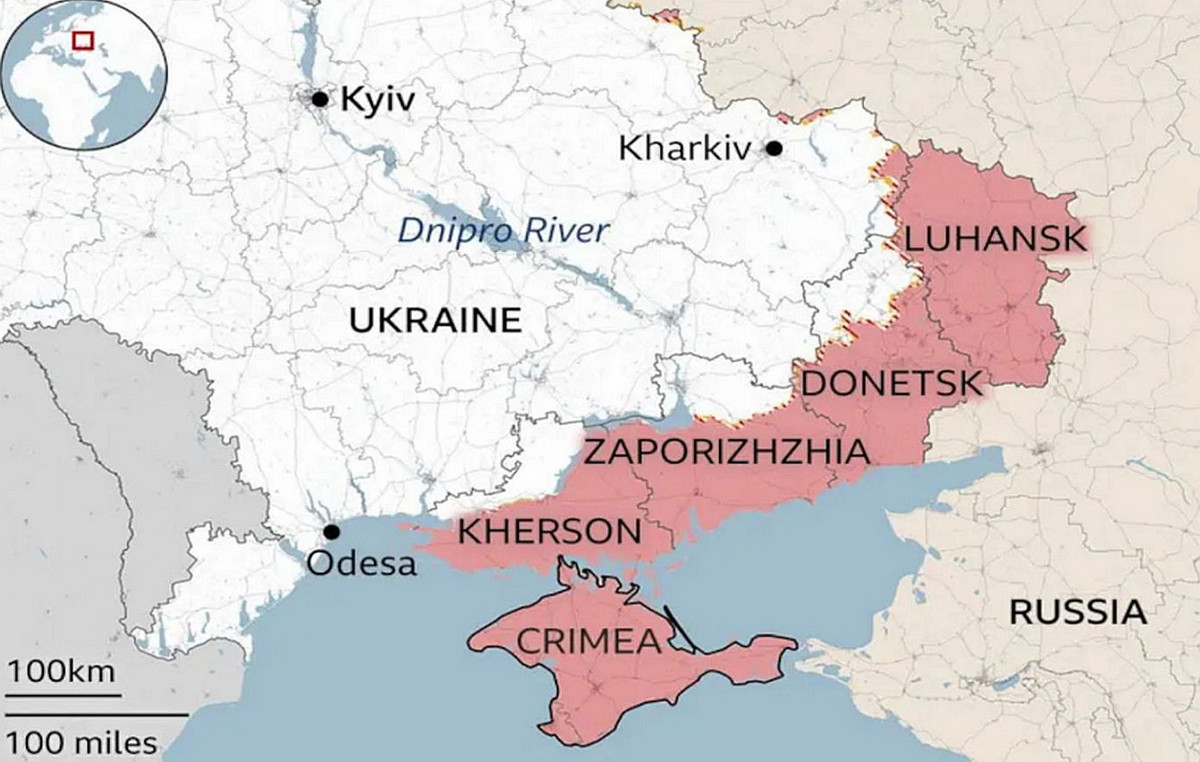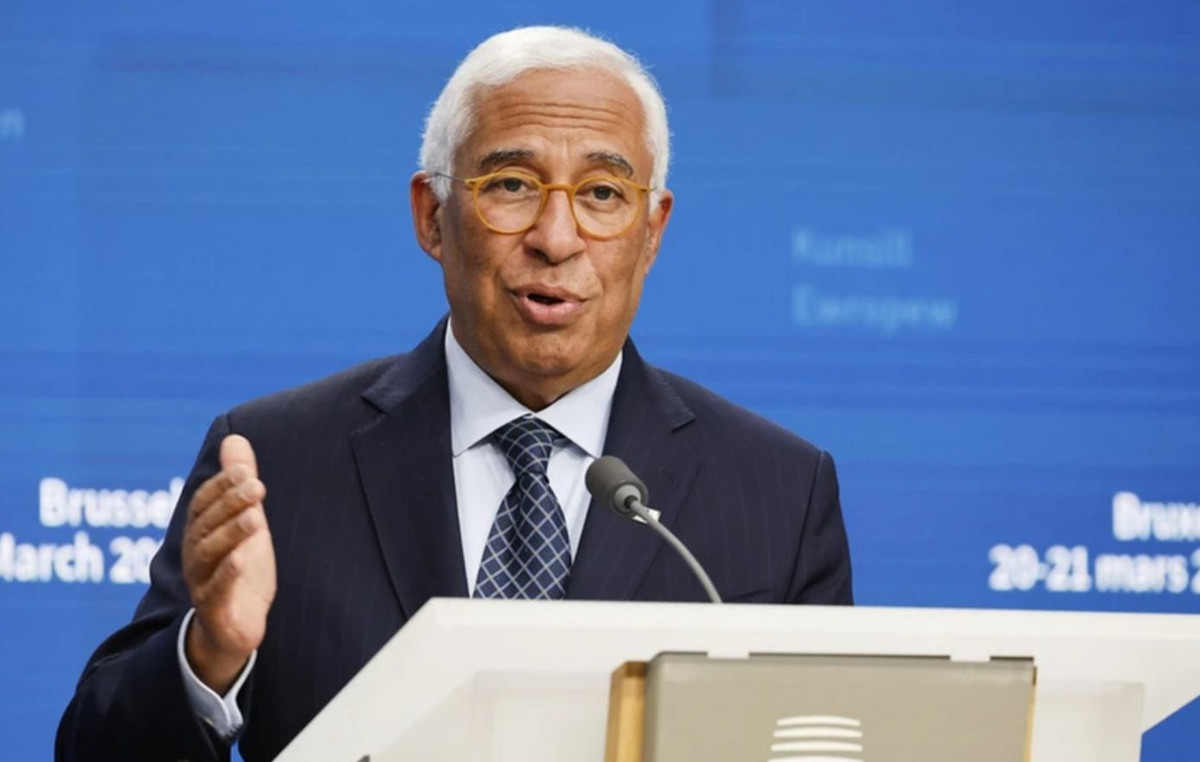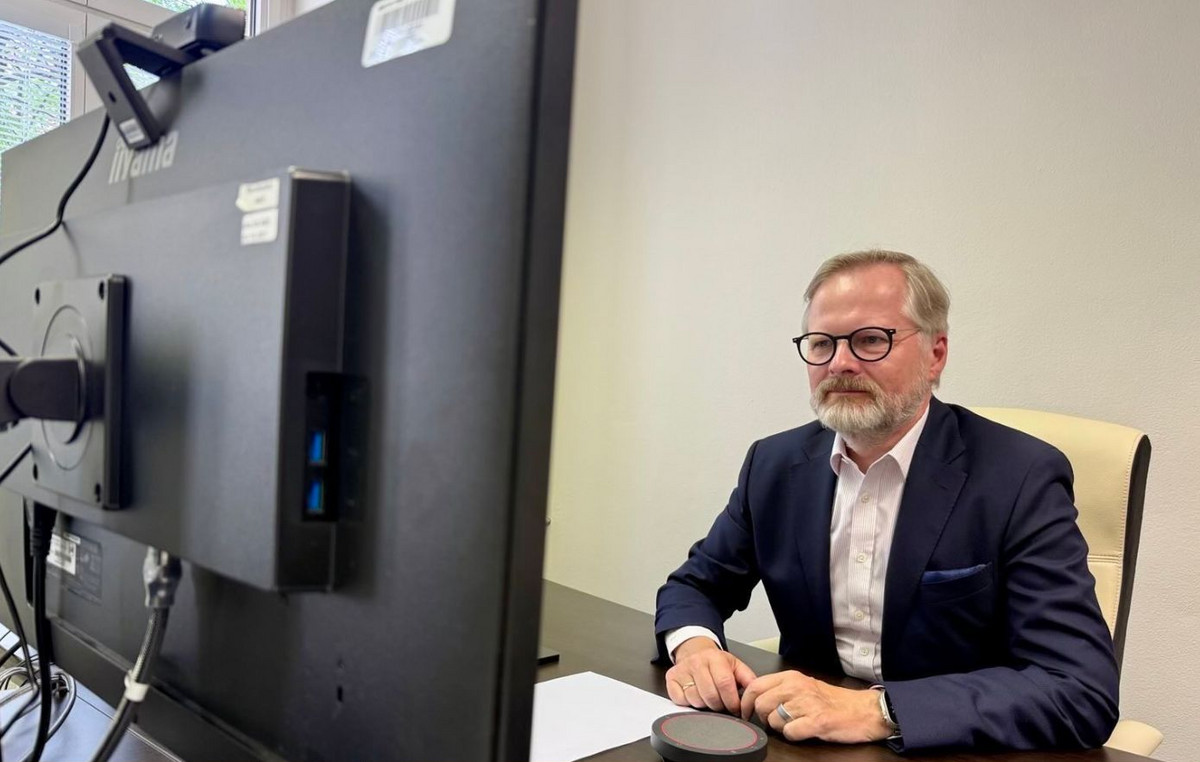Houston, we have an accent problem. Unfortunately, the time has come to face the elephant in the back room of the second season of Lolita Loboscoa great success of Rai1 starring Luisa Ranieri, but also behind many productions broadcast on TV and screened in theaters: Italian cinema has serious difficulties in dealing with those nuances of language and color which, if done properly, would be able to make a difference. Unfortunately most of the time this miracle which is even studied in the most prestigious Italian acting schools – from the Centro Sperimentale in Rome to the Paolo Grassi in Milan – does not happen, because in Italy the series, films and dramas are either shot in Italian standard, or turn in Roman – a solution that is the most popular, impeccably photographed by Emanuela Fanelli in that masterpiece by On bare feet inside A piece of Lundini – or they turn around with accents that are prepared in a hurry, loading the speech without working on it like the Americans do – if we looked at the products in the original language we would realize, for example, how much the US and British actors juggle and they enjoy acting in accents other than their own. Let’s think, for example, of Kate Winslet, who in Titanic (and not only) abandoned classic English for American, but also to Oscar Isaac, who in Moon Knight delivered an Emmy-worthy performance if only for the way she alternated accents throughout the episodes -.
In Italy, alas, we still have a long way to go: apart from the usual suspects – from Alessandro Borghi to Pierfrancesco Favino, even if Vanessa Scalera and Barbara Ronchi have recently offered excellent performances, among others -, most interpreters struggle. It is not clear whether it is due to training, lack of time or something else, but at this point perhaps a general rethink by the industry is needed: or we surrender to the fact that the southerners always speak Neapolitan and in the Center and in the North always Roman, or it would be appropriate to put the actors in a position to better study the speeches to offer accurate products capable of returning the right truth to the public. The main problem of Lolita Lobosco, if we think about it, it is precisely this: in the course of the episodes we witness, in fact, an Apulian dialect which does not preserve the typical nuances of the Bari area, effectively reducing the dialogues of the characters to a southern dialectal fold which is somewhat the result of different dialects of the region, approximating by excess a way of speaking that it would have been interesting to faithfully transpose in front of the camera.
Of the exceptions, fortunately, there are – let us think of Maria Chiara Giannetta and Pierpaolo Spollon in Blancawho competed with the Genoese, but also with Valentina Romani in Sea outwho as a Roman juggled with the Neapolitan – but we are sure that, if everyone worked a little harder, the results – with all due respect to the Americans – would go far beyond our expectations. Always coming back to Lolita Lobosco it must be said that an improvement on the Apulian front compared to the first season – controversy that at the time even brought the mayor of Bari Antonio Decaro into the field – there was, but we know that the journey did not end here. It is still possible to achieve excellence, and we are sure of it.
Lolita Lobosco: the new fiction with Luisa Ranieri wins hands down in ratings, but…
Luisa Ranieri: «Lolita and Montalbano? They wouldn’t get along.”
Luisa Ranieri, the beauty of recognizing yourself
To receive the other cover of Vanity Fair (and much more), subscribe to Vanity Weekend.
Source: Vanity Fair
I’m Susan Karen, a professional writer and editor at World Stock Market. I specialize in Entertainment news, writing stories that keep readers informed on all the latest developments in the industry. With over five years of experience in creating engaging content and copywriting for various media outlets, I have grown to become an invaluable asset to any team.







